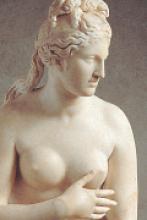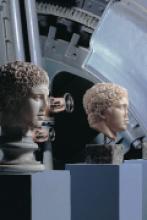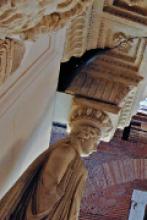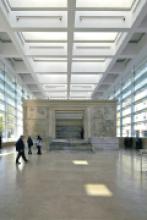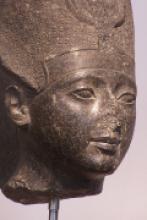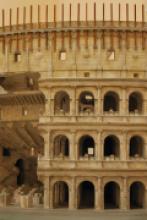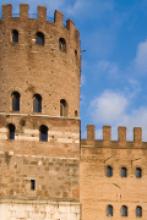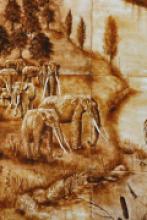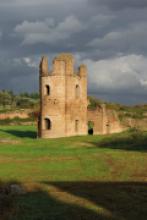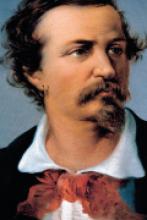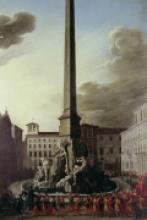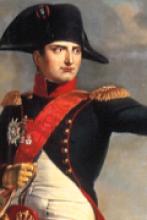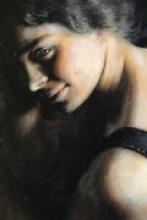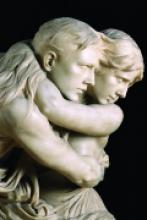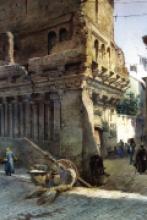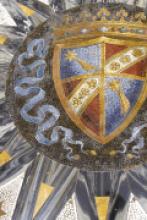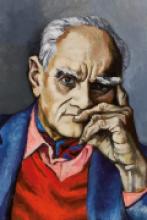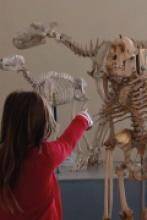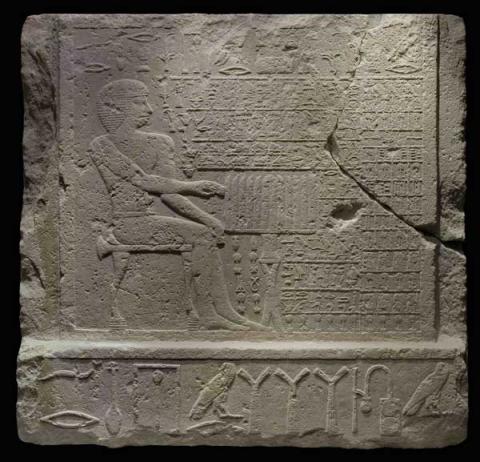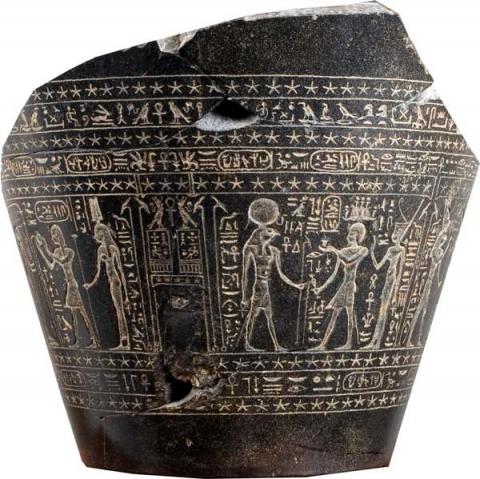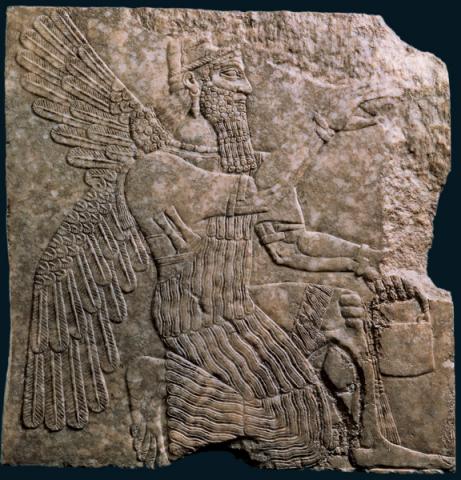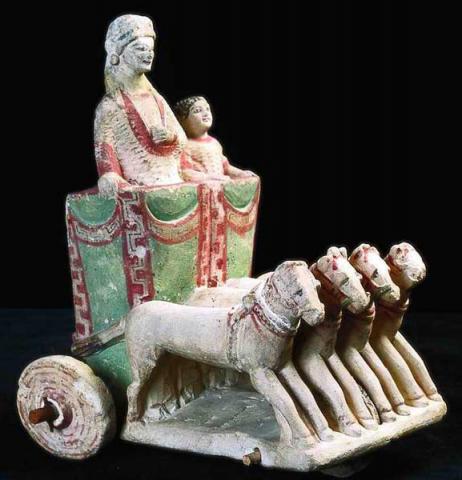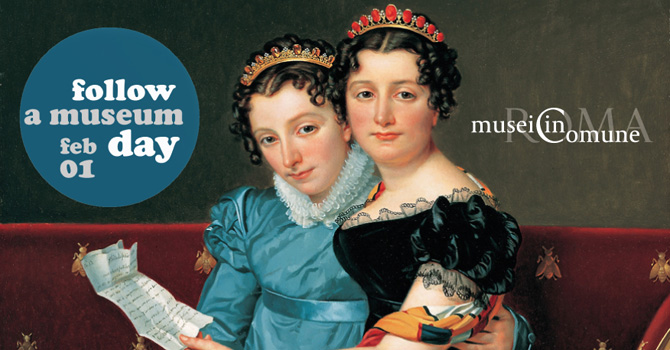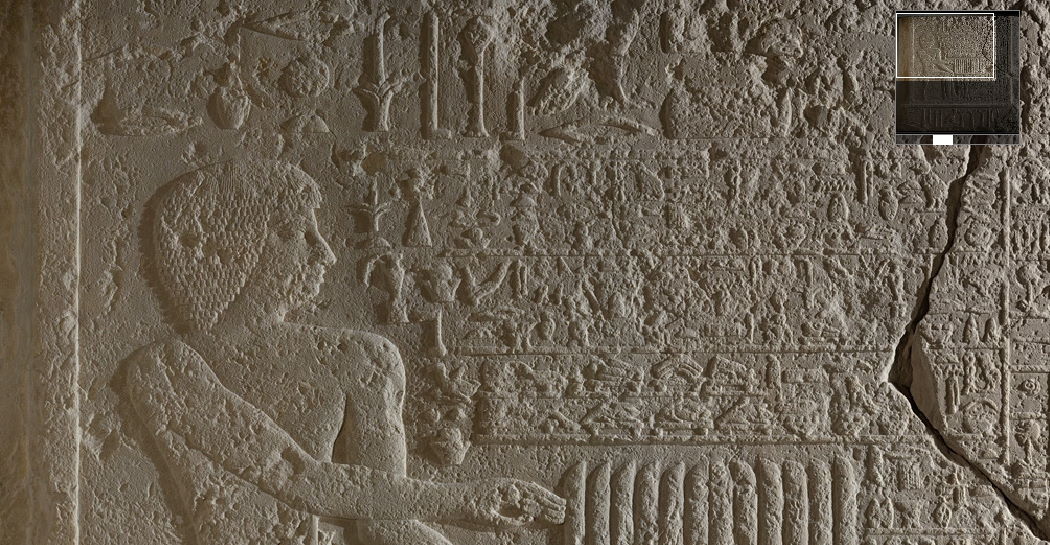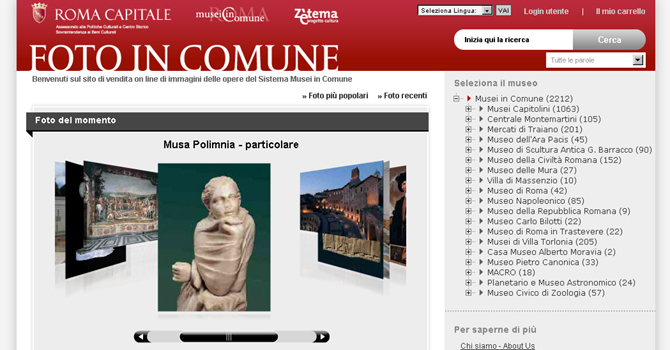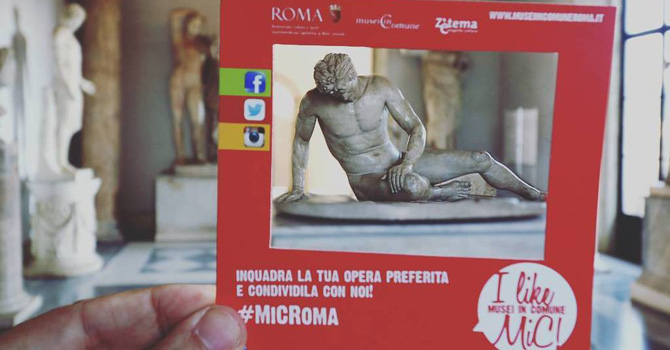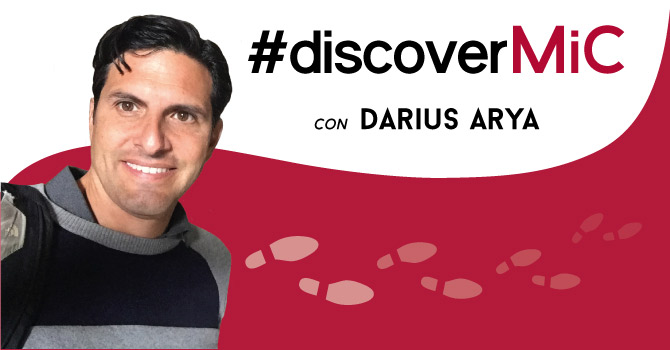Pollak Library
Ludwig Pollak, archaeologist and antiquarian of international repute, was born in Prague in 1868. Arrived in Rome in 1893 he fell in love with ancient art, becaming in a few years a leading authority in the field. His friendship with Barracco dates back to last years of the XIX century, but their relationship became increasingly stronger towards the end of life of the collector. When Barracco died, Pollak was appointed honorary director of the Museum.
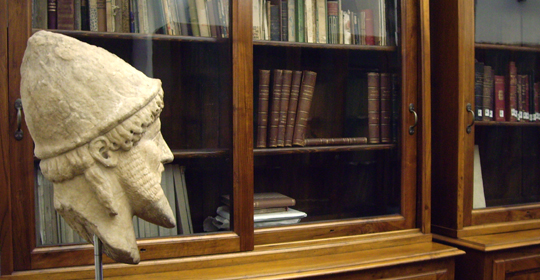
After dedicating most of his life to art, Ludwig Pollak was deported to Auschwitz with his family on October 16, 1943. In his house at Palazzo Odescalchi was part of his collection, a rich library and valuable archive. In 1951, Mrs Margarete Süssman Nicod, Pollak’s sister-in-law and only heir, donated the scholar’s entire library and archive of the to the City of Rome, because of his close relationship with the Barracco Museum, these documents were kept in the museum. Then a part of his collection went into the municipal collection.
The Pollak library consists of 3034 miscellaneous texts: the most substantial section is certainly dedicated to Goethe, whom Pollak truly loved. Besides 34 autographical works by the German poet and a lock of his hair, the library hosts four editions of the complete works of Goethe and many other texts about the author for a total of 170 works and 237 volumes.
Well represented are the sections dedicated to archaeology and art history, bibliophilia, auction catalogues, guides and city maps, writings on philosophy, music and theatre, German literature, classical history and literature, of history and politics.
The Libraries (Barracco and Pollak) are available on request for scholars.


